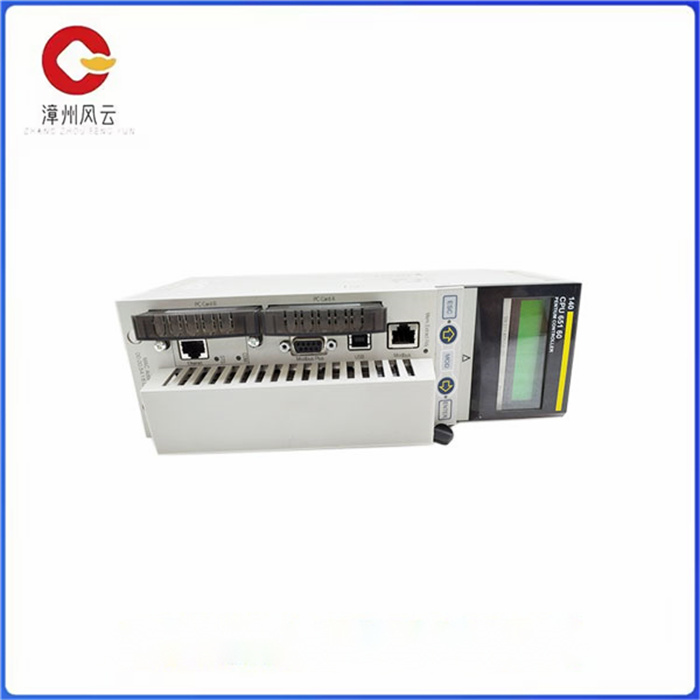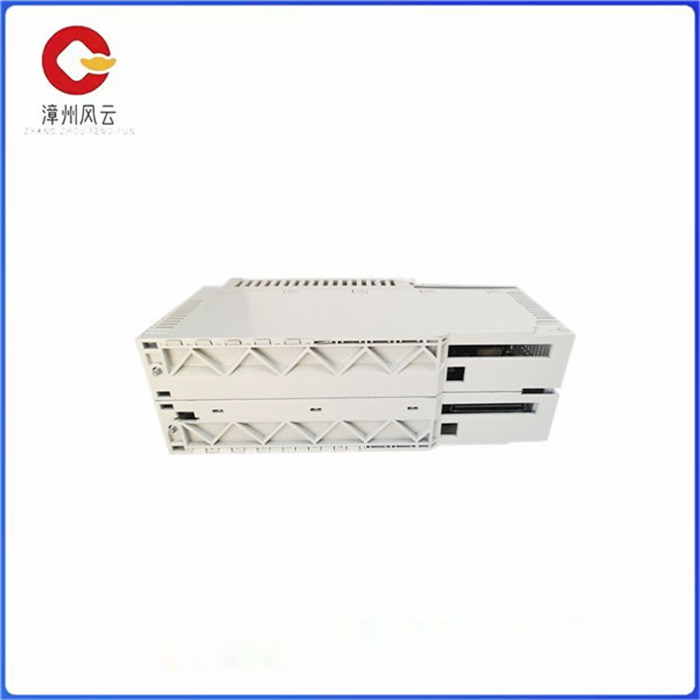 手机:17350880093
手机:17350880093— 产品中心 —
 全国免费客服电话 17350880093
全国免费客服电话 17350880093 邮箱:sales@fyplc.cn
手机:17350880093
电话:17350880093
地址:福建省漳州市龙文区朝阳北路1号办公楼205室
140CPU65160CPU处理单元施耐德品牌施耐德是否支持加工定制否特点PLC模块系统环境稳定系统能力硬件扩展用途范围工业自动化重量0.2kg批号140CPU
产品详情
应用程序内存分为物理分布在内部RAM和1或2个PCMCIA内存扩展卡上的内存区域(型号140CPU65150、140CPU65160、140CPU65260、140CPU 6700、140CPU67160、140CPU67260、140cpu 67261和140cpu 67861上的2个PCMCIA卡,以及型号140CPU65860和140cpu 67461上的1个):1应用程序数据区域始终在内部RAM中。
该区域被分解为2种类型的数据,根据用户的习惯和偏好使用:v全局定位数据,对应于可以与符号相关联的地址(例如%MW237)定义的数据(例如Counting_rejects)。 v未定位的数据,对应于仅由符号定义的数据。这种类型的寻址消除了内存“映射”管理约束,因为地址是自动分配的。v对应于DFB用户功能块的DFB未定位数据。该对象区域的大小仅受可用的内部RAM物理存储器的大小限制。2内部RAM或PCMCIA存储卡中的应用程序和符号区域(任务和应用符号数据库的描述符、可执行代码)3内部RAM或PCM CIA存储卡的常量区域(常量字、初始值和配置)4用于存储可用于分布式应用程序的附加数据的区域,以存储生产等信息数据和制造配方(仅在140CPU65150、140CPU65160、140CPU65260、140CPU65860、140CPU 67060、140cpu 67160、140CPR67260、140CPU67261和140CPU67861 CPU上)根据应用程序内存大小要求,根据Quantum CPU是否具有0、1或2个PCMCIA内存扩展卡,两种内存结构是可能的:b内部RAM中的应用程序,应用程序被完全加载到CPU的电池支持的内部RAM(2)中,其容量取决于CPU型号。
PCMCIA卡中的应用程序,内部RAM为应用程序数据保留。PCMCIA存储卡包含程序空间(程序、符号和常量区域)。某些类型的PCMCIA存储卡也占用数据存储区域。符号区域和程序区域的存在是可选的。在PLC上具有应用程序符号数据库的事实意味着,当它连接到空的编程PC(没有应用程序)时,调试或升级该PLC所需的所有元件都可用。

Application memory is divided into memory areas that are physically distributed between internal RAM and 1 or 2 PCMCIA memory expansion cards (models 140CPU65150, 140CPU65160, 140CPU65260, 140CPU) 2 PCMCIA cards on 6700, 140CPU67160, 140CPU67260, 140cpu 67261 and 140cpu 67861, and 1 on model 140CPU65860 and 140cpu 67461) : 1 The application data area is always in internal RAM.
The region is decomposed into 2 types of data, used according to the user's habits and preferences: v global positioning data, corresponding to data defined by an address that can be associated with a symbol (e.g. %MW237) (e.g. Counting_rejects). v Unlocated data, corresponding to data defined only by symbols. This type of addressing eliminates memory "mapping" management constraints because addresses are automatically assigned. v DFB unlocated data corresponding to the DFB user function block. The size of this object area is limited only by the size of the available internal RAM physical memory. 2 Application and symbol areas in internal RAM or PCMCIA memory card (descriptors of task and application symbol database, executable code) 3 Constant areas in internal RAM or PCMCIA memory card (constant words, initial values, and configuration) 4 Areas for storing additional data that can be used for distributed applications, To store production information data and manufacturing recipes (only in 140CPU65150, 140CPU65160, 140CPU65260, 140CPU65860, 140CPU 67060, 140cpu) 67160, 140CPR67260, 140CPU67261, and 140CPU67861 cpus) Depending on the application memory size requirements, two memory structures are possible depending on whether the Quantum CPU has 0, 1, or 2 PCMCIA memory expansion cards: b Applications in internal RAM, the application is fully loaded into the CPU's battery-supported internal RAM (2), the capacity of which depends on the CPU model.
Applications in PCMCIA cards, with internal RAM reserved for application data. The PCMCIA memory card contains program space (program, symbol, and constant areas). Some types of PCMCIA memory cards also occupy data storage areas. The presence of symbol areas and program areas is optional. The fact that there is a database of application symbols on the PLC means that when it is connected to an empty programming PC (no application), all the components needed to debug or upgrade that PLC are available.

相关推荐